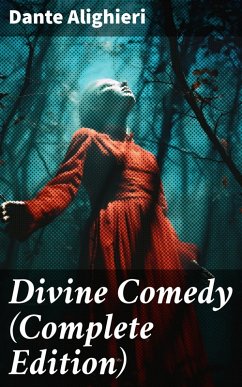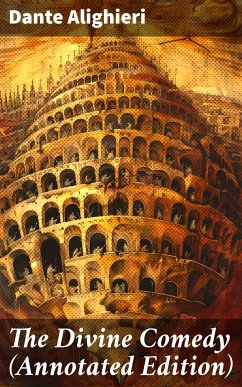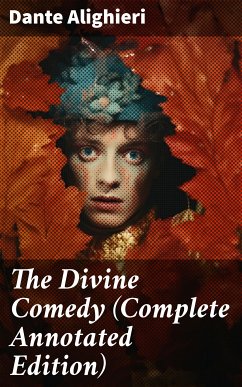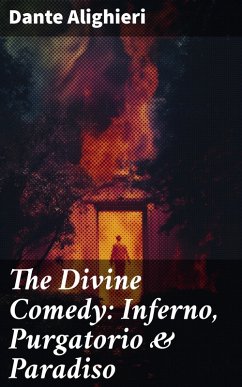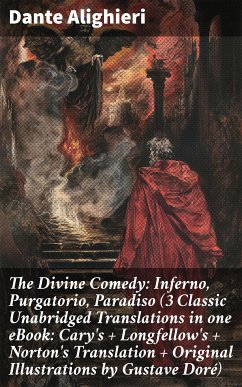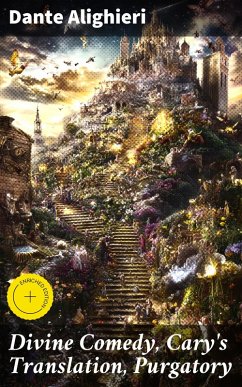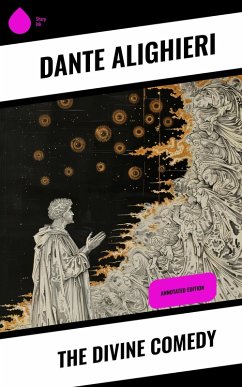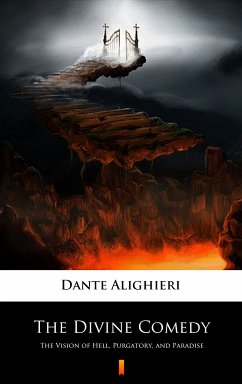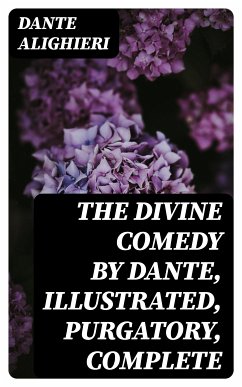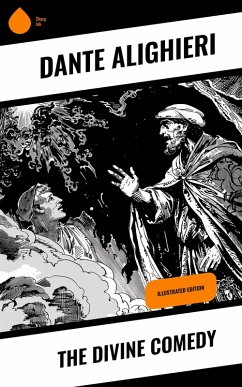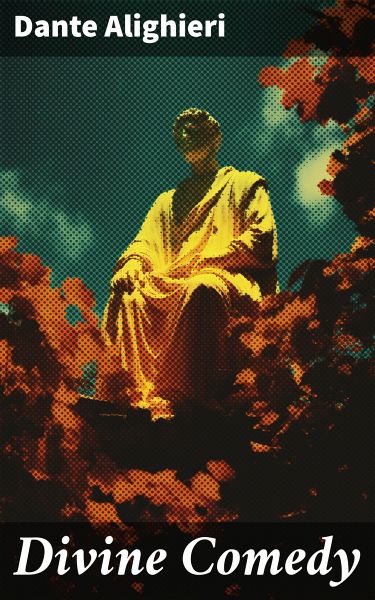
Divine Comedy (eBook, ePUB)
Enriched edition. All 3 Books in One Edition - Inferno, Purgatorio & Paradiso
Kommentar: Dalton, Naomi / Redaktion: Good Press / Übersetzer: Longfellow, H. W.

PAYBACK Punkte
0 °P sammeln!
Dante Alighieri's "Divine Comedy" stands as a monumental work in the canon of world literature, notable for its intricate structure and profound allegorical depth. Composed in the early 14th century, this epic poem is divided into three parts: "Inferno," "Purgatorio," and "Paradiso," which together depict the soul's journey towards God. Dante's innovative use of the Tuscan vernacular and his rich, vivid imagery unfold a compelling narrative that explores themes of sin, redemption, and divine love, set against the backdrop of the political and religious turmoil of medieval Italy. Through the le...
Dante Alighieri's "Divine Comedy" stands as a monumental work in the canon of world literature, notable for its intricate structure and profound allegorical depth. Composed in the early 14th century, this epic poem is divided into three parts: "Inferno," "Purgatorio," and "Paradiso," which together depict the soul's journey towards God. Dante's innovative use of the Tuscan vernacular and his rich, vivid imagery unfold a compelling narrative that explores themes of sin, redemption, and divine love, set against the backdrop of the political and religious turmoil of medieval Italy. Through the lens of his allegorical journey, the reader is invited to contemplate moral and philosophical questions that remain pertinent across time and space. Dante Alighieri, a politician and poet from Florence, lived through a tumultuous period marked by factional conflict and exile. His personal experiences deeply influenced his writing, allowing him to infuse the "Divine Comedy" with autobiographical elements, while also criticizing societal and ecclesiastical corruption. Drawing upon classical sources, Christian theology, and personal vision, Dante crafted a work that not only reflects his contemporary worldview but also establishes him as a pivotal figure in the transition from medieval to Renaissance thought. For readers seeking a profound exploration of the human condition, "Divine Comedy" is a must-read. It invites us to consider our own moral choices and their consequences, all while engaging with Dante's rich tapestry of allegory and symbolism. This landmark text not only enriches our understanding of medieval thought but also resonates with universal themes, making it a timeless exploration of faith, justice, and the journey of the soul. In this enriched edition, we have carefully created added value for your reading experience: - A succinct Introduction situates the work's timeless appeal and themes. - The Synopsis outlines the central plot, highlighting key developments without spoiling critical twists. - A detailed Historical Context immerses you in the era's events and influences that shaped the writing. - An Author Biography reveals milestones in the author's life, illuminating the personal insights behind the text. - A thorough Analysis dissects symbols, motifs, and character arcs to unearth underlying meanings. - Reflection questions prompt you to engage personally with the work's messages, connecting them to modern life. - Hand-picked Memorable Quotes shine a spotlight on moments of literary brilliance. - Interactive footnotes clarify unusual references, historical allusions, and archaic phrases for an effortless, more informed read.
Dieser Download kann aus rechtlichen Gründen nur mit Rechnungsadresse in A, B, BG, CY, CZ, D, DK, EW, E, FIN, F, GR, H, IRL, I, LT, L, LR, M, NL, PL, P, R, S, SLO, SK ausgeliefert werden.




